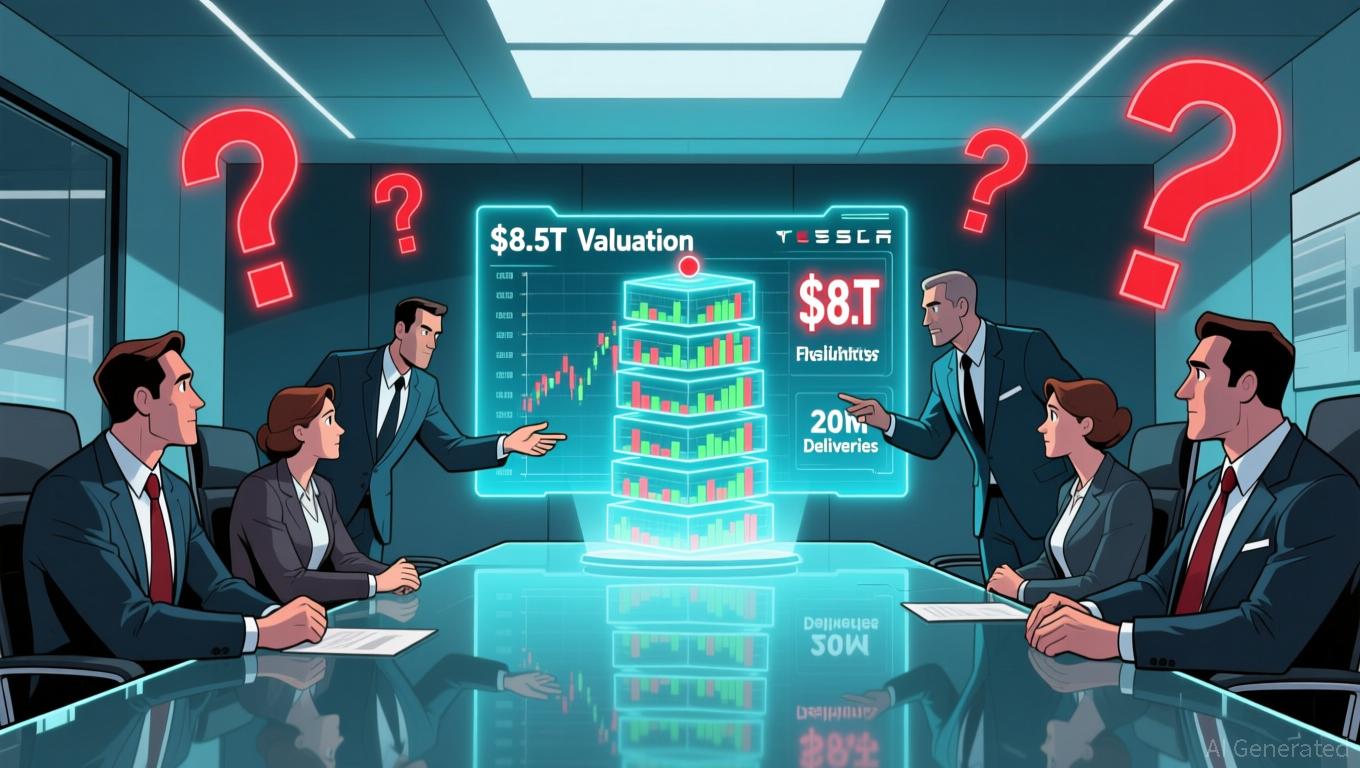BitGo Chief Backs CZ Amidst Unfounded Accusations of Money Laundering
Clearing the Air: Binance Founder Receives Presidential Pardon, Not Guilty of Money Laundering as BitGo CEO Steps in to Set the Record Straight
Key Points
- BitGo CEO, Mike Belshe, defends Binance founder, Changpeng Zhao, against money laundering claims.
- Changpeng Zhao received a pardon from President Trump after a prison sentence for AML failures.
Mike Belshe, BitGo’s CEO, came to the defense of Binance founder Changpeng Zhao in the early morning of October 24.
Zhao had recently been pardoned by President Donald Trump, which Belshe clarified was not for money laundering as claimed by Senator Elizabeth Warren.
Clarification of Binance Founder’s Charges
Belshe used his platform to clarify why Zhao had been imprisoned, particularly after Senator Warren made a post about it.
The conversation began after a Wall Street Journal report noted Zhao’s recent pardon by President Trump.
Senator Warren highlighted the report, suggesting that Zhao had lobbied for the pardon by financing Trump’s stablecoin.
She claimed that Zhao pleaded guilty to a criminal money laundering charge, which resulted in a four-month prison sentence. In her view, this pardon represents a form of corruption that Congress needs to address.
Belshe refuted her claim, stating that Zhao only pleaded guilty to violating the Bank Secrecy Act by failing to maintain an effective anti-money laundering (AML) program.
Unjust Prosecution of Binance Founder
According to Belshe, Zhao was unjustly prosecuted and was the only individual to ever receive jail time solely for this violation.
On October 23, the WSJ reported that President Trump pardoned Zhao, who was convicted in 2023 for AML failures.
White House Press Secretary Karoline Leavitt stated that Zhao’s case was part of the Biden administration’s “war on cryptocurrency” which cost Zhao four months in prison.
The pardon was Trump’s way of using his constitutional powers to “end politically motivated prosecution against innovators in digital assets.”
As a result, Zhao is now free of legal restrictions that previously limited his ability to operate in the US and other jurisdictions.
However, it remains uncertain if Zhao will resume any executive role within the Binance exchange.
Disclaimer: The content of this article solely reflects the author's opinion and does not represent the platform in any capacity. This article is not intended to serve as a reference for making investment decisions.
You may also like
Dogecoin News Update: SEC Sets November 2025 as Pivotal Deadline for Dogecoin ETF Approval
- Bitwise files a fast-track SEC 8(a) ETF application for Dogecoin , targeting November 2025 approval if regulators remain silent. - The move reflects growing institutional demand for crypto exposure amid regulatory uncertainty and a competitive ETF landscape. - Grayscale's DOJE ETF and rivals' XRP/Dogecoin products highlight intensified competition, with $24M+ in early trading volumes. - Analysts project 300% DOGE price gains if resistance breaks, while SEC's crypto-friendly leadership and legal battles w

Ethereum Updates Today: SharpLink Moves ETH—A Bid for Stability or Signs of Major Overhaul?
- SharpLink Gaming transferred $14M ETH to OKX ahead of Q3 earnings amid crypto market declines. - The move highlights challenges for crypto-holding firms as ETH drops 25% in 30 days and stocks like SBET fall 4.28%. - Institutional investors increasingly use ETH staking for yield, contrasting Bitcoin-focused strategies lacking comparable returns. - CertiK emphasizes treasury management integrity as spot crypto ETFs shift focus to secure asset handling amid governance scrutiny.

Tesla’s $1 Trillion Musk Deal: Strategic Move to Keep CEO or Example of Excessive Corporate Power?
- Tesla shareholders approved a $1 trillion compensation package for Elon Musk, tied to aggressive targets like $8.5 trillion valuation and 20 million vehicle deliveries. - Critics call the package excessive, while Tesla defends it as critical to retain Musk amid his SpaceX, xAI, and Trump administration commitments. - The Texas-based approval bypasses Delaware's strict governance rules, sparking debates over "race to the bottom" in corporate accountability. - Skeptics question feasibility of targets, with

The Quantum Computing Hype Cycle and What It Means for the Valuation of Cybersecurity Stocks
- Quantum computing threatens RSA/ECC encryption by 2025, accelerating post-quantum cryptography (PQC) adoption and investment in quantum-safe firms. - NIST's 2030 PQC standards and "harvest now, decrypt later" strategies force urgent infrastructure upgrades, with governments stockpiling sensitive data. - SEALSQ leads the quantum-safe sector with $220M liquidity, $17.5M 2025 revenue guidance, and PQC-embedded semiconductors for IoT/automotive sectors. - High-risk plays like BTQ (blockchain PQC) and pre-rev

